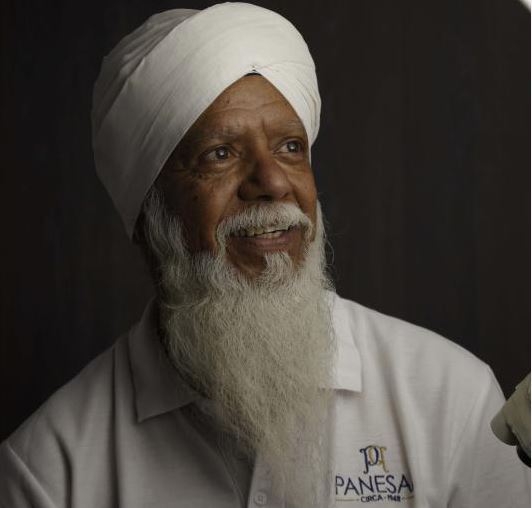×
The Standard e-Paper
Kenya's Bold Newspaper

Mohan Singh Panesar (pictured), 69, was born and raised in Nairobi’s Eastleigh estate. After finishing high school in 1968, he went to the United States, where he studied aeronautical engineering with the hope of working in the local aviation industry.